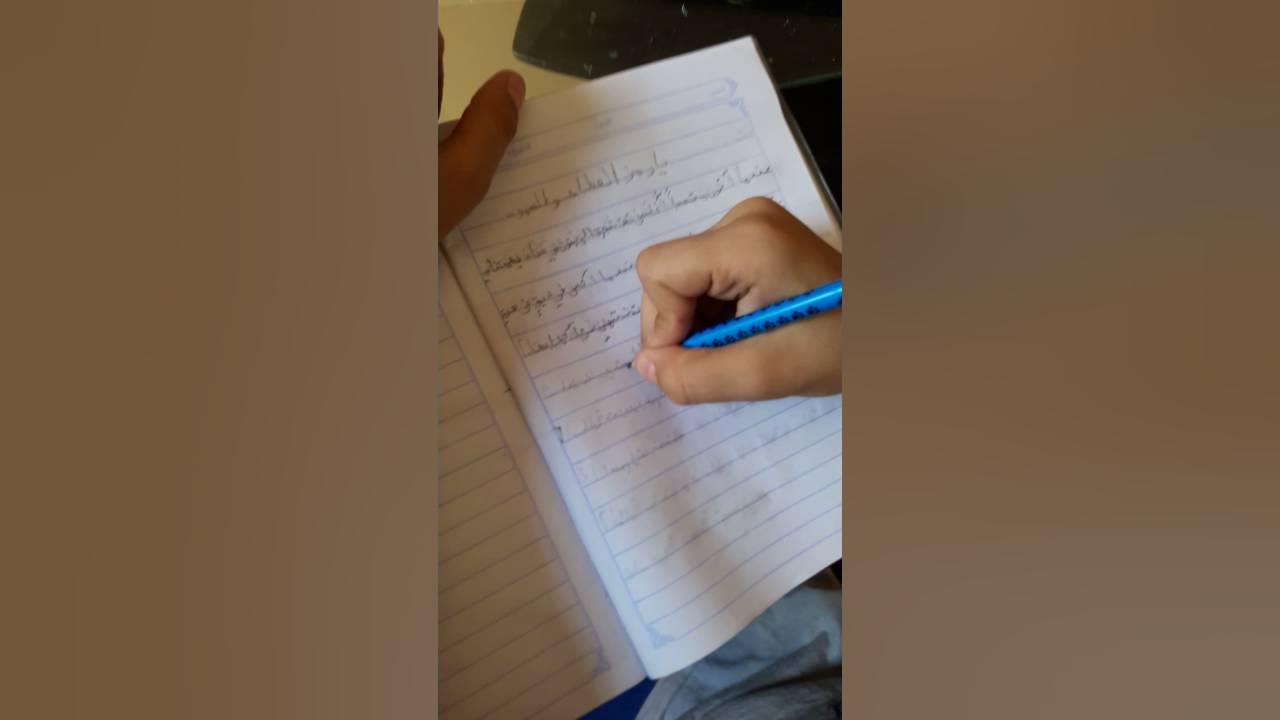Indonesia's Potential Ties With Israel: Contingent On Palestine Recognition

Table of Contents
Historical Context and Current Stance
Indonesia's historical position on the Israeli-Palestinian conflict is firmly rooted in its support for Palestinian self-determination and its opposition to Israeli occupation. Since its independence, Indonesia has consistently championed the Palestinian cause within international forums, particularly the Organization of Islamic Cooperation (OIC), where it plays a significant role. This unwavering commitment is reflected in consistent Indonesian government policy, which maintains that the establishment of formal diplomatic ties with Israel is contingent upon a just resolution to the conflict.
-
Indonesia's role in the Non-Aligned Movement: Indonesia's historical membership in the Non-Aligned Movement further shaped its stance, emphasizing a commitment to supporting oppressed nations and advocating for peaceful resolutions to international disputes. This commitment to anti-colonial principles has been central to its consistent support of Palestine.
-
Statements from Indonesian presidents and foreign ministers on the Palestinian issue: Successive Indonesian leaders have consistently reiterated their support for a two-state solution based on pre-1967 borders, with East Jerusalem as the capital of a Palestinian state. These statements, made on various international platforms, highlight the consistent nature of Indonesia's foreign policy concerning Palestine.
-
Key resolutions passed by the Indonesian parliament concerning Palestine: The Indonesian parliament has passed several resolutions expressing solidarity with Palestine and condemning Israeli actions considered detrimental to the peace process. These resolutions reflect the strong domestic support for the Palestinian cause and influence the government's foreign policy decisions.
Potential Areas of Cooperation
Despite the absence of formal diplomatic ties, several sectors present opportunities for cooperation between Indonesia and Israel. Focusing on areas less politically sensitive can facilitate initial engagement and build trust, laying the groundwork for future collaboration.
-
Technology transfer (agriculture, renewable energy): Israel's expertise in water management and agricultural technology could be highly beneficial to Indonesia, particularly in addressing food security challenges. Similarly, collaboration in renewable energy technologies could support Indonesia's sustainable development goals.
-
Economic partnerships (trade, investment): Increased trade and investment could significantly benefit both economies. Indonesia's large market and diverse resources coupled with Israel's technological advancements present a mutually beneficial opportunity.
-
Tourism (potential for increased Israeli tourism to Indonesia): Indonesia's stunning natural beauty and rich cultural heritage could attract a significant number of Israeli tourists, boosting the Indonesian tourism sector.
-
Academic and scientific exchange programs: Facilitating academic and scientific exchange programs could foster collaboration and understanding between researchers and students from both countries, contributing to mutual scientific advancement.
Obstacles to Improved Relations
Several significant barriers hinder the normalization of Indonesia-Israel relations. The most prominent is the strong public sentiment in Indonesia supporting Palestine. This sentiment, often deeply rooted in religious and nationalistic beliefs, creates a significant political challenge for any government considering closer ties with Israel.
-
Strong public sentiment in Indonesia supporting Palestine: Public opinion polls consistently show overwhelming support for Palestine in Indonesia. This makes any shift in policy towards Israel politically risky.
-
Potential backlash from Indonesian political parties and civil society groups: Many Indonesian political parties and civil society organizations would likely strongly oppose any move to normalize relations with Israel, potentially leading to significant domestic political instability.
-
The role of religious and political organizations in shaping public opinion: Religious and political organizations play a crucial role in shaping public opinion on the Israeli-Palestinian conflict, often reinforcing existing pro-Palestinian sentiments.
-
The impact of regional dynamics (e.g., relations with other Arab and Muslim nations): Indonesia's relations with other Arab and Muslim nations also influence its stance on Israel. Maintaining positive regional ties often prioritizes solidarity with Palestine.
The Palestine Recognition Condition
The Palestinian issue remains the central factor influencing Indonesia's stance on relations with Israel. The establishment of formal diplomatic ties would require significant and demonstrable progress towards a just and lasting peace in Palestine.
-
Meaningful progress towards a two-state solution: A credible path towards a two-state solution, based on international law and UN resolutions, is a prerequisite for Indonesia to reconsider its position.
-
Recognition of a sovereign Palestinian state: Indonesia's recognition of a sovereign Palestinian state, with defined borders, would be a crucial step toward normalization of relations with Israel.
-
Resolution of key issues such as borders, settlements, and Jerusalem's status: A resolution to core issues, such as borders, settlements, and the status of Jerusalem, is essential for Indonesia to consider closer ties with Israel.
-
Evidence of a commitment from Israel to a lasting peace agreement: A demonstrated commitment from Israel to a lasting peace agreement, based on a genuine willingness to negotiate and compromise, is crucial for gaining Indonesia's trust.
Conclusion
The potential for improved Indonesia-Israel relations exists, but remains significantly contingent upon tangible progress towards a just and lasting resolution to the Israeli-Palestinian conflict. While various areas of potential cooperation exist, strong public opinion in Indonesia, and the country's unwavering commitment to the Palestinian cause, present significant obstacles. Significant advancements in the peace process, particularly the recognition of a sovereign Palestinian state, would be necessary to pave the way for closer bilateral ties between Indonesia and Israel. Further research and analysis of public opinion, coupled with diplomatic initiatives focused on the Palestinian issue, are crucial for navigating this complex relationship and potentially unlocking future cooperation between these two nations. Understanding the intricacies of Indonesia-Israel relations is critical to fostering a more peaceful and prosperous future in the region. A shift in Indonesia-Israel relations hinges on a demonstrable commitment to peace in Palestine.

Featured Posts
-
 Alastqlal Rmz Alkramt Walsmwd
May 29, 2025
Alastqlal Rmz Alkramt Walsmwd
May 29, 2025 -
 New Trailer For Everything Going To Be Great What To Expect
May 29, 2025
New Trailer For Everything Going To Be Great What To Expect
May 29, 2025 -
 Scary Movie 6 The Horror Trend That Could Resurrect Cindy And Brenda
May 29, 2025
Scary Movie 6 The Horror Trend That Could Resurrect Cindy And Brenda
May 29, 2025 -
 Aanhouding In Venlo Verdachte Opgepakt Na Schietincident Met Pasen
May 29, 2025
Aanhouding In Venlo Verdachte Opgepakt Na Schietincident Met Pasen
May 29, 2025 -
 The Underwhelming Card In Pokemon Tcgs Pocket Celestial Guardians Set
May 29, 2025
The Underwhelming Card In Pokemon Tcgs Pocket Celestial Guardians Set
May 29, 2025
